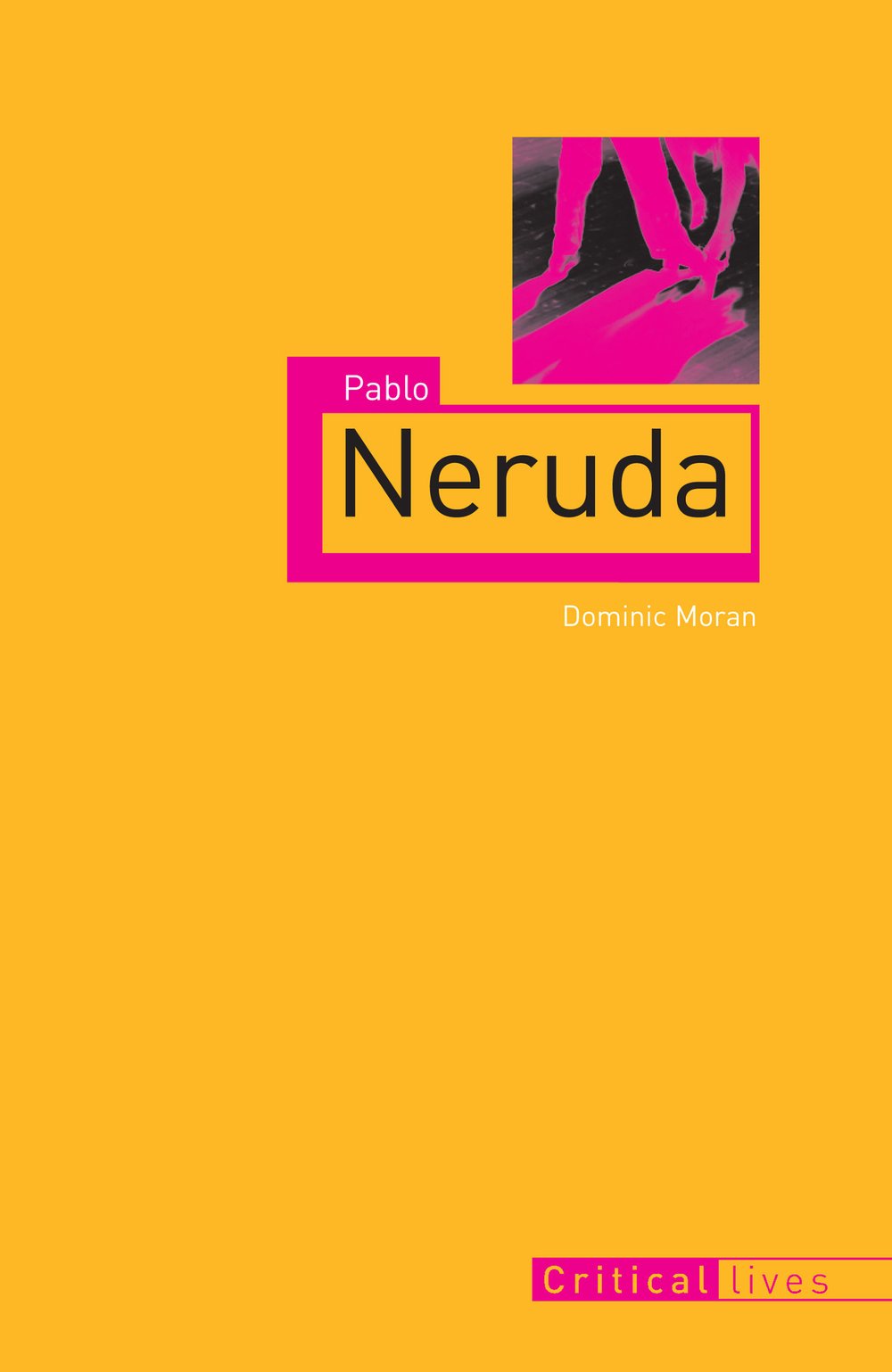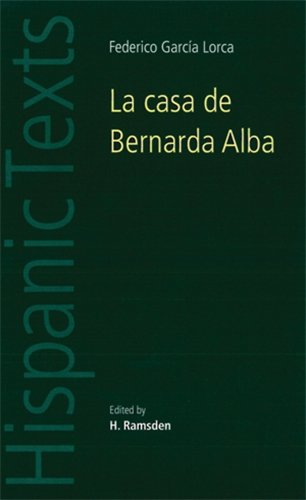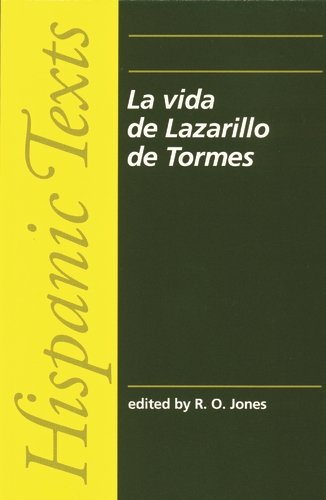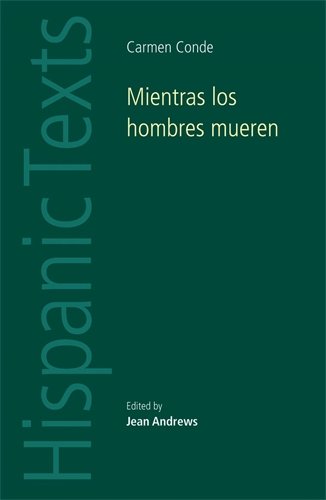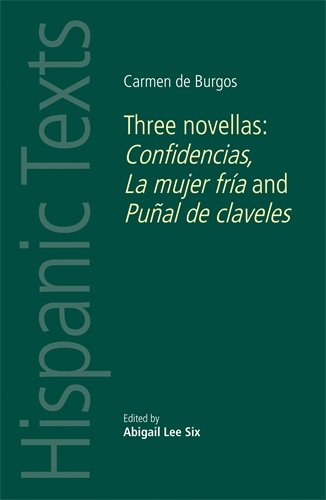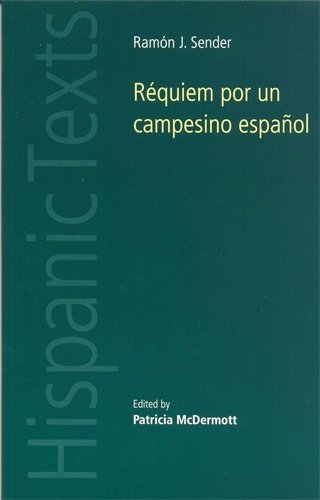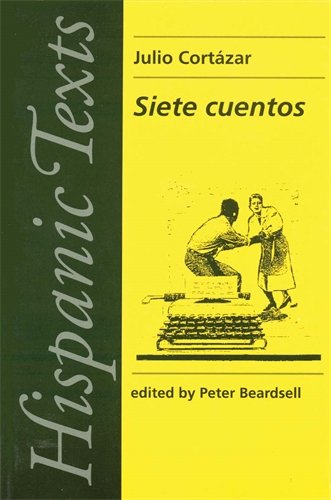Veinte poemas de amor y una canción desesperada
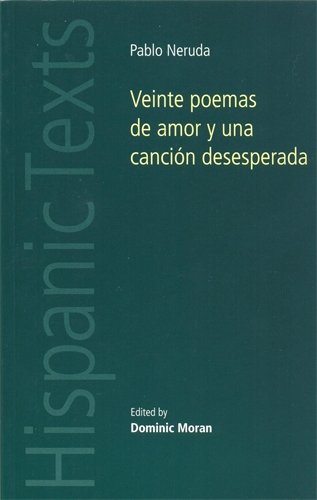
Pablo Neruda's Veinte poemas de amor y una cancion desesperada (1924) is the most widely read and best loved book of poetry ever written in Spanish. Its verses can be recited by heart by millions of Latin Americans from every background and walk of life, and it has become almost a bible for young lovers. Yet despite, or perhaps because of this immense popular success, it has received scant attention from scholars, often being studied out of context and in relatively superficial fashion. This new critical edition - the first to include critical notes in English - argues that the book constitutes a critical juncture in the young Neruda's development as a poet, and that the poems are as much painstakingly wrought experiments in style, language and form as they are outpourings of youthful passion. A detailed introduction in English demonstrates that the Viente poemas represent the culmination of complex and sometimes fraught poetic apprenticeship, significant traces of which can be found in the poems themselves. This is followed by a series of commentaries which offer close readings of all twenty-one poems, an extensive bibliography, a selected vocabulary, and a list of key rhetorical and metrical terms. -- .

Dominic Moran is Faculty Lecturer and Tutor in Spanish at Christ Church, Oxford

